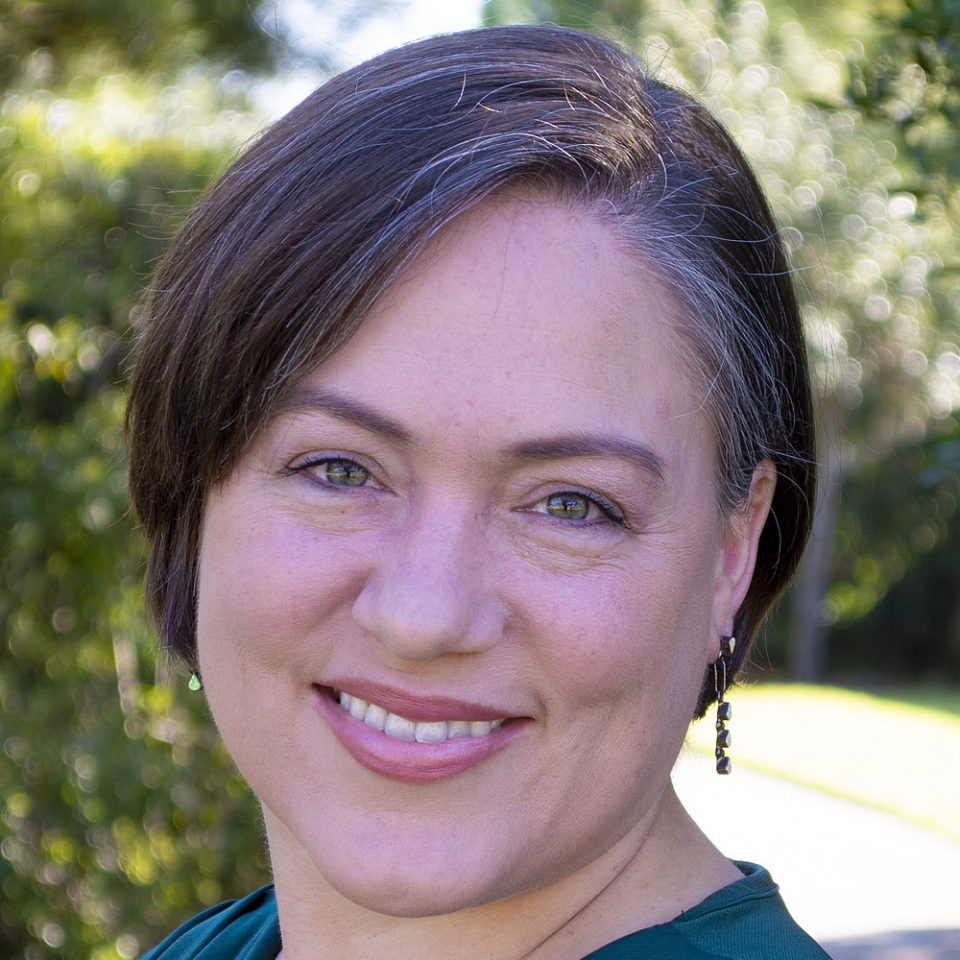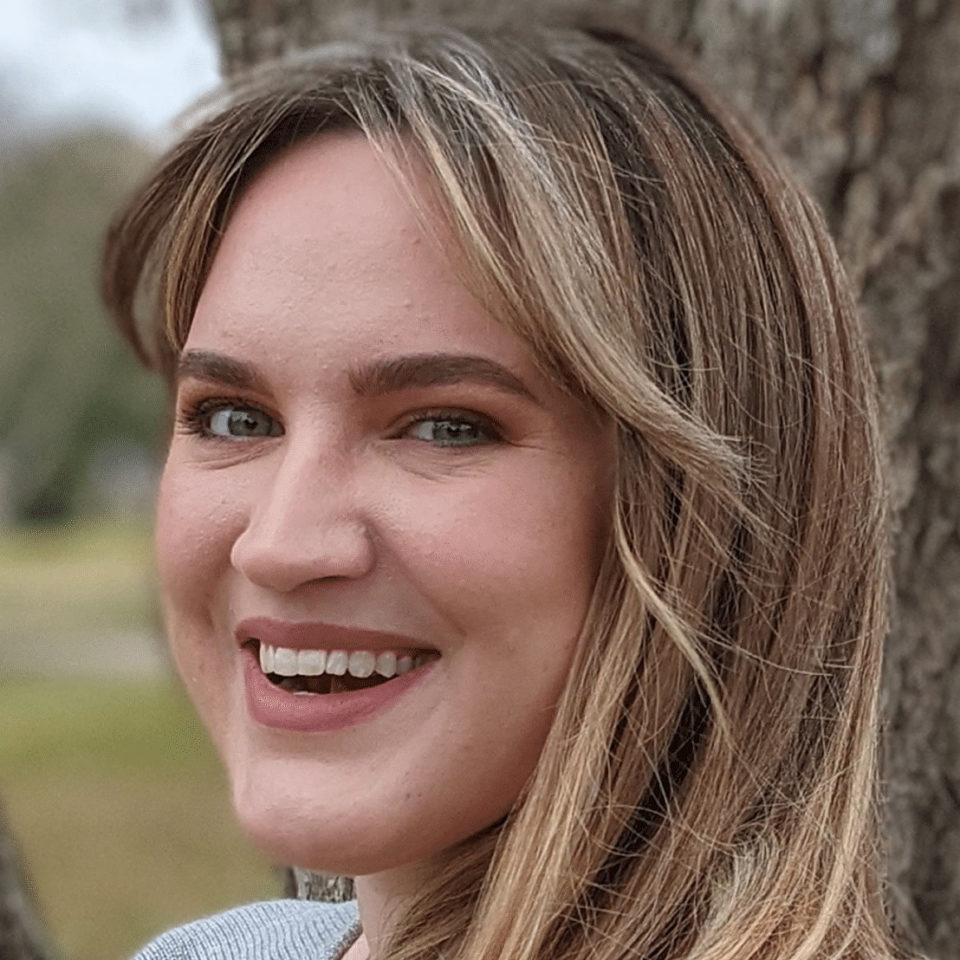
Trauma Therapy & PTSD Treatment
in Houston, TX and Online
Are The Effects of Trauma Affecting Your Wellbeing?
Trauma therapy can help you heal.

Understanding Trauma
Trauma can be caused by a specific event (like an accident, assault, or life-threatening event), a recurring event (like combat exposure or repeated abuse), or a developmental, childhood, or relational trauma (like physical or emotional neglect in childhood).
Trauma can also be caused by many other frightening situations, such as:
- bullying,
- abuse,
- rape,
- crime,
- war,
- victimization, and
- shaming/humiliation.
When we are in the presence of dangers like these, our bodies get ready to respond, changing physiologically to prepare to deal with the situation. This is an adaptive response when there is a threat present, but sometimes the body is not able to turn it off after the danger has passed.
Whether you have been exposed to a life or death situation, or have experienced something in childhood that your body interpreted as a dangerous situation or person, the effect is the same.
The trauma lives on, whether in the form of PTSD or other states of arousal, feelings of dread, doom, anxiety, avoidance, uncontrolled emotional reactions, or physical symptoms.
Many people experience some form of trauma in their lives, but it can impact us in different ways. Trauma can impact your nervous system, endocrine system, emotions and memory.


Trauma & PTSD Symptoms
Physiologically, you are likely to be in a state of high arousal and anxiety or very low arousal, as in depression.
- You might feel depressed and hopeless, angry and irritable, or anxious and fearful.
- You might struggle with feelings of shame and self-blame.
- You could find yourself feeling isolated or disconnected from others, finding it difficult to trust people or feeling rejected.
- You might have physical symptoms such as muscle aches, fatigue, and chronic pain.
- You might struggle with recurrent or intrusive memories of the traumatic event or even nightmares.
All trauma can cause problems in relationships, and it may be difficult to know what you feel at times. You may have heightened sensitivity to stimuli—sound, temperature, light, etc.
Life may feel overwhelming, and you may suffer from migraines, chronic fatigue, fibromyalgia, or other chronic medical conditions. You may feel anxious around other people, particularly in groups.
Sometimes, you may feel that it is safer to disconnect from your body, your emotions, and from other people and feel numb.
The good news is that trauma therapy can help you move past the trauma you have experienced without reliving it and find new ways to relate to yourself and others.


Developmental & Relational Trauma
If you experienced developmental trauma in childhood, you may not even be aware that some of your mental health issues are related to your early history.
Relational and developmental trauma can result from things like emotional neglect, physical or sexual abuse, shame, overly critical parents, being told you were not wanted, childhood medical issues, not being held enough in infancy, and many other difficult early childhood experiences.
Early childhood trauma experiences can impact you whether or not you remember them, affecting your health and immune system and triggering anxiety or mood swings. Developmental trauma is psychologically similar to the trauma experienced in post-traumatic stress disorder.
If you struggle with developmental or psychological trauma, you may feel like you are constantly being rejected. You may have even developed strategies to reject others before they can reject you, contributing to feelings of loneliness.
Trauma & PTSD Treatment Can Help You Move Past Trauma Into A Balanced Future
In therapy sessions, there is a focus on creating connections, both in the counseling relationship and within the rest of your life. You can learn the skills you need to safely connect with yourself and others.
Many of our clients report feeling less alone and more connected to their minds and bodies during and after trauma counseling. Reconnecting with and healing the body can be a process, but it is possible to feel solid and grounded again or maybe even for the first time.
You can connect with others and feel less ashamed. And you can learn skills to get unstuck. You can learn coping skills and stress management skills for when things feel difficult.
How Trauma Therapy Can Help
Your therapist can teach you skills to regulate difficult thoughts, emotions and physical symptoms as you begin coping with trauma and responding to the world in a calmer, healthier way. Through trauma therapy, you can experience a reduction in anxiety, increased self-worth, and feelings of empowerment instead of powerlessness.
You can experience feelings of calm and contentment for the first time. In the present moment, you can find safety, strength and resiliency.
Treatment of PTSD and trauma has the added benefit of potentially healing physical symptoms and increasing your immune system as your body heals.


Trauma Therapy FAQ's
We Offer Multiple Therapies for Trauma
There are many effective trauma informed therapy approaches used by mental health professionals. Your therapist may use one or more types of trauma therapy, meeting you where you are emotionally. Successful resolution of trauma typically involves a combination of talk therapy and somatic or body-oriented approaches. This is because trauma isn’t just experienced cognitively, it is also stored in your body physically, sometimes beyond conscious awareness.
Using effective, proven trauma therapies, your body can feel safe. Your mind can let go of painful images, thoughts or beliefs.
- EMDR therapy for PTSD and childhood trauma is a very safe and effective way for adults and children to process your experience, reduce your symptoms and move on without having to relive all the details. EMDR combines the use of bilateral stimulation (using your eyes, tapping or lights for example) with transforming negative thoughts and beliefs.
- Brainspotting for trauma and PTSD is similar to EMDR in that you do not need to relive your traumatic experiences. Instead, your therapist will use your eye positions to help you release stuck trauma.
- Somatic Therapy is a body-oriented approach to trauma therapy. It focuses on releasing traumatic shock from the body to bring calm and healing.
- NARM is a relational trauma approach for complex trauma that heals attachment, relational and developmental trauma, by working with the attachment patterns that cause symptoms and interpersonal difficulties.
- Narrative Therapy for Trauma helps you process your experience through the lens of your strengths and resilience focusing on building empowerment.
- Trauma-Focused Therapy follows a four-stage process for trauma treatment and incorporates mind and body stress reduction strategies.
- Trauma-Focused Cognitive Behavioral Therapy (TF-CBT). TF-CBT focuses on reducing intense negative emotions and memories. Cognitive Processing Therapy is similar.
- Internal Family Systems Therapy is a trauma-informed therapy approach that can help with relational trauma, shame and the inner critic.
- Trauma-Focused Child & Play Therapy is a specific trauma therapy available for children who have witnessed or experienced trauma, abuse, neglect, disaster or other types of stressful experiences.
- Cognitive Processing Therapy (CPT) is a type of trauma therapy that helps you shift distressing thoughts and beliefs you have after traumatic experiences.
- The Safe and Sound Protocol is an effective form of therapy that helps to regulate your nervous system and return feelings of safety to your body.
Get Help From a Specialist in Trauma Therapy & PTSD Treatment
Courtney Chiles-Cloud
Courtney works with youths and their families that have experienced trauma or are struggling with anxiety, depression, self-harm, suicidal ideat…
BOOK AN APPOINTMENTDiana Cabrera-Stewart
Diana’s specialty areas include working with mothers at any stage in their journey, as well as working with clients for whom race, culture, ethn…
BOOK AN APPOINTMENTElizabeth McCullough
Feeling overwhelmed? Teen drama? Therapist Elizabeth McCoullough is here to help! As your therapist, I guide individuals, teens, and families to…
BOOK AN APPOINTMENTJennifer Oates
Jennifer works with adult men and women in specialty areas such as anxiety, ADHD, substance abuse, relational difficulties, and trauma (PTSD). J…
BOOK AN APPOINTMENTJessie Blakely
Jessie has over 10 years of experience working with children, adolescents, young adults, parents, and families. She specializes in a range of ne…
BOOK AN APPOINTMENTKelsey Engdorf
Kelsey enjoys working with teens, young adults, and couples to help them build the lives they want and make meaningful changes.
BOOK AN APPOINTMENTMaggie Burkett
Maggie enjoys working with children, teens, and adults experiencing trauma, anxiety, depression, abuse, PTSD, self-harm, etc. Maggie is also a c…
BOOK AN APPOINTMENTRebecca Perez
I’m passionate about helping people overcome life’s challenges. Whether you are struggling with a personal crisis brought on by trauma, relatio…
BOOK AN APPOINTMENTRoddy Young
Roddy has been providing counseling to individuals and couples in both medical and private practice settings for over 20 years. He specializes i…
BOOK AN APPOINTMENTShannon Forbes
Shannon offers counseling for adults & couples. Her specialties include anxiety, career concerns, depression, grief & loss, ocd, trauma and rela…
BOOK AN APPOINTMENTSteven Serrano
Steven is a bilingual (English & Spanish) psychotherapist. Steven’s experience includes counseling individuals, couples, families and teens in t…
BOOK AN APPOINTMENTTiara Runyon
Tiara offers a collaborative approach, fit to suit your individual needs. Her experience includes working with those facing life transitions and…
BOOK AN APPOINTMENTWhat OTHERS Are Saying
Exceptional
Exceptional! Life changing for me.




























